Tattoos in South Korea: Are They Illegal?
13 April, 2023Tattooing is an ancient tradition throughout many cultures worldwide, but the art form has plenty of controversies to go along with it. In East Asia, tattoos have been a touchy subject for centuries, and now, cultural shifts are going head to head with old-school ways of thinking and lawmakers are trying to make sense of it all.
Korea is a uniquely interesting case, featuring all the elements of a modern society grappling with tradition and the newer ways of the world. Tattooing in South Korea is on the rise, but there’s much more to the story than the stats suggest.
Let’s look at the unique tattoo culture of South Korea, past and present, and figure out the legal landscape of the situation today for younger generations.
History of Tattoos in South Korea
You might associate South Korea with harsh tattooing laws and a history that looks down upon the art form entirely. However, a closer look at the past reveals a more complex situation, so let’s look at the major eras of Korean history and see how things have shaped up to the current day.
Ancient Beginnings
Like so many cultures at their foundation, permanent body art in Korea began as a revered and well-established form of artistry. Long before modern borders were established, tribal confederacies throughout the land practiced tattooing as a form of magic protection, safeguarding warriors, hunters, and fishermen from monsters and other enemies.
This reveals an interesting conundrum about tattooing in general since many similar stories can be found throughout other historical archives. Tattooing typically began as a way to symbolize strength and offer protection in the spiritual realm, but these things were lost or overlooked by more structured governments and civilizations formed.
The people and the land were the same as always. Still, the influence of culture, religion, and other societal orders changed how people viewed tattoos, tattooed people, and countless other aspects of life.
Three Kingdoms Period
Beginning with the establishment of the Goryeo Dynasty in the early 900s, Korean tattooing started to change significantly from its tribal origins.
This trend coincided with growing centralized control in the region following the rise of the three Kingdoms dividing the peninsula into near-equal parts. In fact, Korea got its name from “Goryeo,” which has stood the test of time for more than a millennium.
While the new society ushered in agriculture and growth, this came with harsher laws and the introduction of a Confucian view of the world with strict moral structures. On the one hand, peace and prosperity helped propel Korea into the modern era. Still, tattooing was pushed to the outskirts of society to mark criminals, gangsters, and other members of the underclass.
These attitudes about tattooing were deeply engrained into the culture of Korea, even as the dynasties fell and new forms of government emerged.
Modern Korean Culture
In its current form, Korean society is a mix of the old, the new, and the futuristic. South Korea enjoys a safe, secure, and highly technological way of life and has finally broken through cultural barriers to earning a place on the global pop culture stage.
With this rapid modernization has come tremendous interest in tattooing, and an increasing portion of young Koreans are eager to get inked. Even some of the biggest K-Pop stars have tattoos, though they must be covered to be shown on Korean TV.
This leaves us at an interesting crossroads for tattooing in Korea, with an older generation rooted in tradition clashing with young people excited about tattooing and other art forms.
Many of the views regarding tattoos in Korea are not upheld by law but rather by the social norms and pressures that were established for many hundreds of years. Only now are we seeing Korea reexamine its views of tattooing, though many people still view the topic from a traditional standpoint and see it as taboo.
For instance, it’s not uncommon to see tattoo bans at spas, gyms, and pools throughout Korea, and people will wear rash guards and sleeves to stay covered. Media outlets and advertisers will avoid displaying images of tattoos, as some still claim they showcase poor morals or ignorance.
This hasn’t stopped thousands of young people from finally getting tattooed in Korea and abroad, though tensions still exist in the day-to-day life between tattooed and non-tattooed South Korean citizens.
Recent Tattooing Laws in Korea
It might be hard to imagine a culture with such a sharp contrast between tattoo enthusiasm and traditional ways of thinking. However, looking at the legal situation of tattooing in Korea, we can make more sense of the situation.
Tattooing in South Korea is not 100 percent illegal, nor is it illegal to have a tattoo. While certain establishments and institutions reserve the right to make patrons cover tattoos, there are no legal penalties for sporting tattoos in public.
With that in mind, the laws around tattooing in South Korea are strange, to say the least. Here’s what we know and how things are changing.
1992 Laws
The Sixth Republic of South Korea took form in the early 1990s, and a new legal code was implemented with a stabilized democracy. However, this meant tattoos were still frowned upon, and laws were established to require medical licenses to administer tattoos.
That’s right: only licensed medical doctors were given the right to perform tattooing in South Korea, and this law still stands to this day! It might seem mind-boggling to those in the west, but this was the law of the land, and it remains despite the country’s recent cultural evolution.
2015 Reviews
As South Korea quickly turned into an economic powerhouse, cultural attitudes changed rapidly, with tattoos on the front lines. In 2015, legislators gathered to reconsider how tattooing should be viewed through the lens of the law following a string of arrests and many tattoo artists leaving the country.
However, the lawmakers put the discussion on the back burner for the next several years, even as tattooing became increasingly popular in the country with other high-profile legal cases taking place.
2022 Supreme Court
It finally came time for South Korea to examine the longstanding rules for tattooing in 2022, but a legal overhaul was shot down before it got very far.
The constitutional court ordered that tattooing remained illegal for tattooists without a medical license, drawing much criticism from tattoo unions and young people nationwide. This law would state that tattooing is a medical procedure and can only be done by medical professionals. Similarly, tattoo studios and parlors must be up to medical standards.
This kind of law would require extension study and time for future tattoo artists, limiting their ability to create their art. Similar laws have been considered in Japan for Japanese tattoo artists.
It may be several more years before Korean lawmakers reconsider the rules around tattooing, but for now, artists and patrons will continue to seek workarounds to stay safe.
How Koreans Are Getting Tattooed Today
On the subject of workarounds, how exactly are Korean tattoo artists staying in business, staying out of the law’s hands, and delivering tattoos to other Korean citizens and tourists on a daily basis?
Here’s how the tattooing process looks in Korea today and some tips to consider if you’re planning a tattoo tourism trip to the peninsula.
Underground Tattooing
Despite the occasional fine and a few arrests, most tattooers can operate safely in South Korea without overwhelming pressure from the police. Artists must keep a low profile and keep their information private when communicating with customers.
Thankfully, thousands of independent tattoo shops operate relatively safely in South Korea, even if the process needs to be kept under wraps.
Tattooers in Medical Offices
Some tattooers have gone undercover within doctors’ offices to hide in plain sight from the authorities. Medical doctors have the right to perform tattoos, but very few have the skill or will to do so.
Therefore, some doctors will secretly hire professional tattoo artists to operate in their offices with an extra level of protection. The risk is still there, but it’s one that some offices are willing to take.
Traveling Abroad
Tons of great tattoo artists can be found throughout South Korea, so many Korean citizens are happy to take a risk and get tattooed on their home turf. However, others are eager to travel abroad to places like the U.S. or Europe to get tattooed with a bit less pressure.
On the flip side, tourists from the States often go to Korea to get tattooed with the risk as part of the appeal. This strikes a chord with the rebellious nature of tattooing in general, and some are willing to pay top dollar for the experience.
If you choose to travel to get tattooed, make sure you’ve got the right gear to care for your new ink, no matter where you’re at in the world.
The Future of Tattooing in Korea
Tattooing in Korea began as a tradition but quickly became a taboo topic before reemerging in the modern era. It has been a rocky history, but we’ll likely see plenty of amazing tattoos come from South Korea from here on out.
In the meantime, take note of rising South Korean tattoo artists as they lead the way with technical precision and artistry. And check out this piece for Korean tattoo design ideas.
Sources:
Changing Views on Tattoos in South Korea | KEI
Tattoos in East Asia: Conforming to Individualism | University of Puget Sound
South Korea Just Upheld a Law That Makes Tattooing a Crime | CBC
[Headline Placeholder]
-
Best Seller

 Tattoo BalmEnhance tattoo brightness after 1 useLog in / Register to view price40-60% Off
Tattoo BalmEnhance tattoo brightness after 1 useLog in / Register to view price40-60% Off -
Best Seller
-v1712785206587.jpg?1125x1000&transform=resize=562x499)
 Tattoo Balm StickEnhance tattoos on the go with unscented, portable aftercareLog in / Register to view price40-60% Off
Tattoo Balm StickEnhance tattoos on the go with unscented, portable aftercareLog in / Register to view price40-60% Off -
Best Seller

 Tattoo Soothing GelRepairs fresh tattoos in 14 daysLog in / Register to view price40-60% Off
Tattoo Soothing GelRepairs fresh tattoos in 14 daysLog in / Register to view price40-60% Off

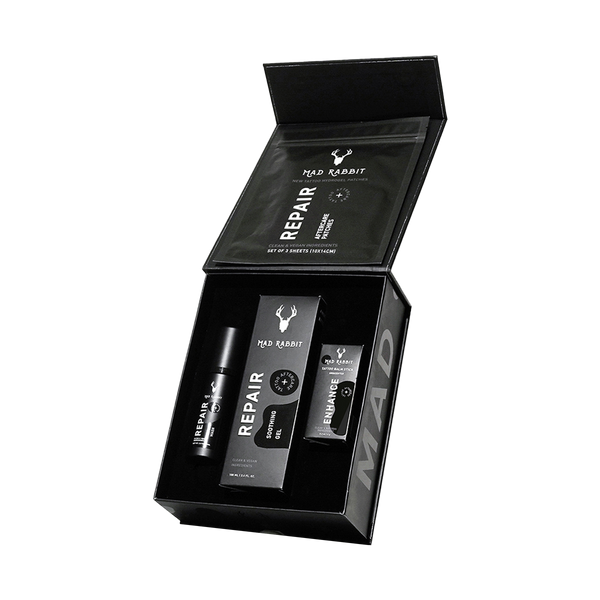

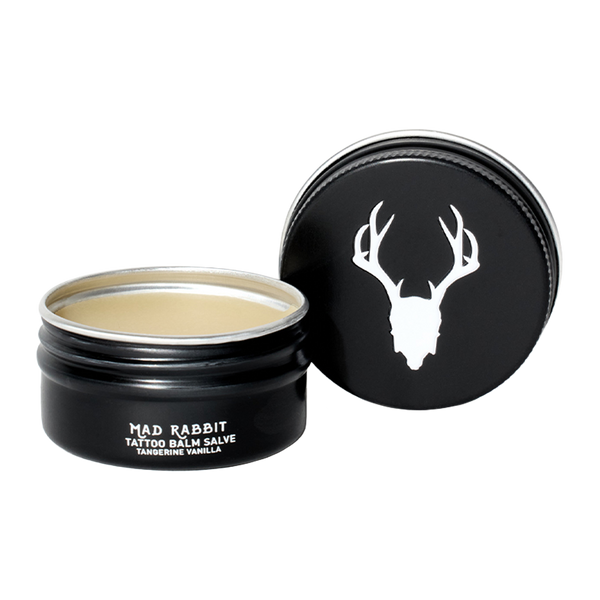

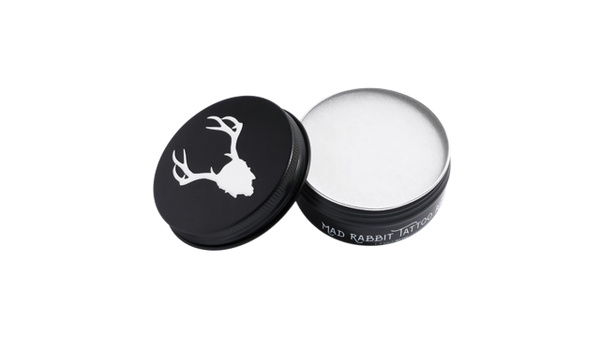

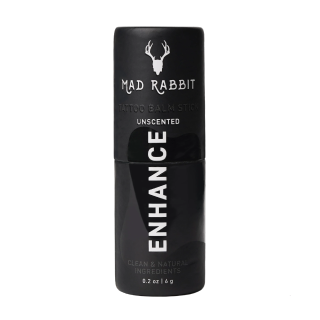

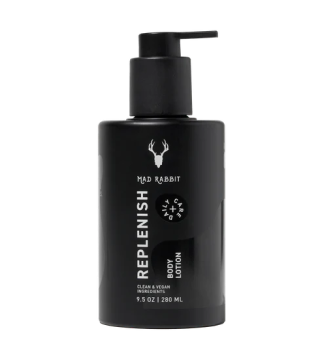

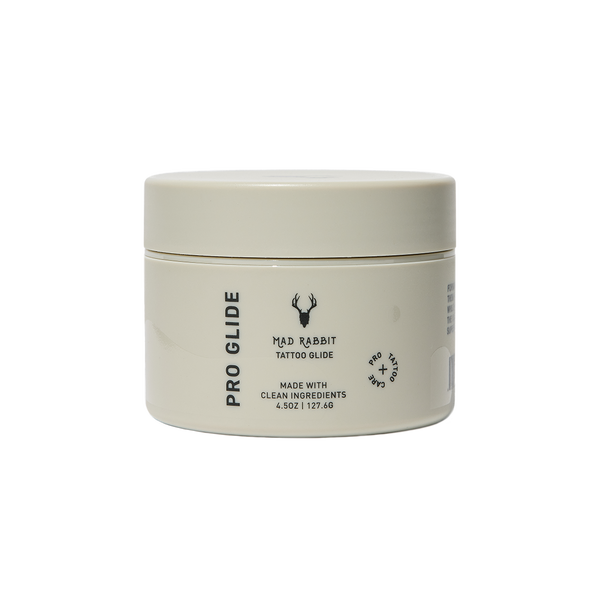
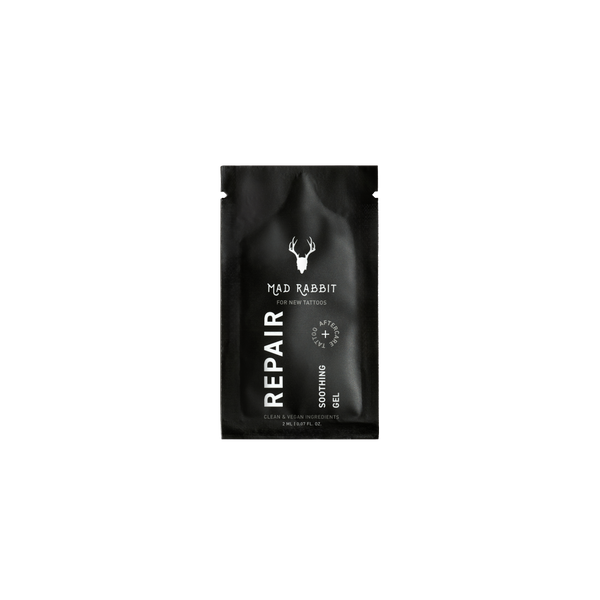
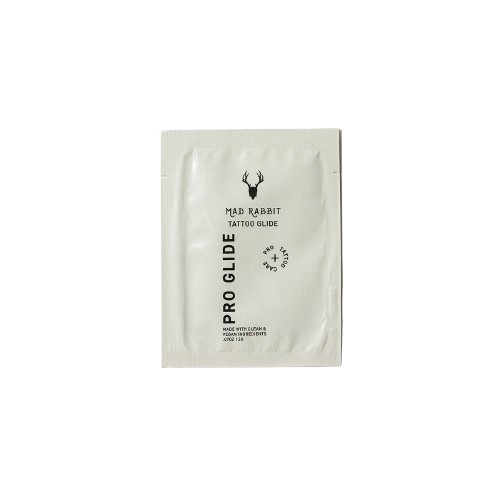












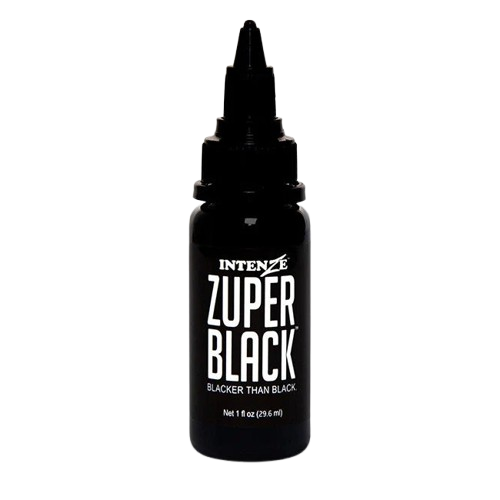


Join the discussion